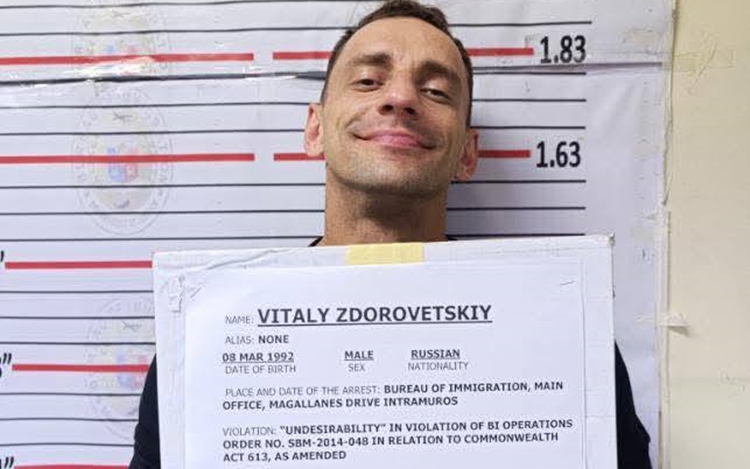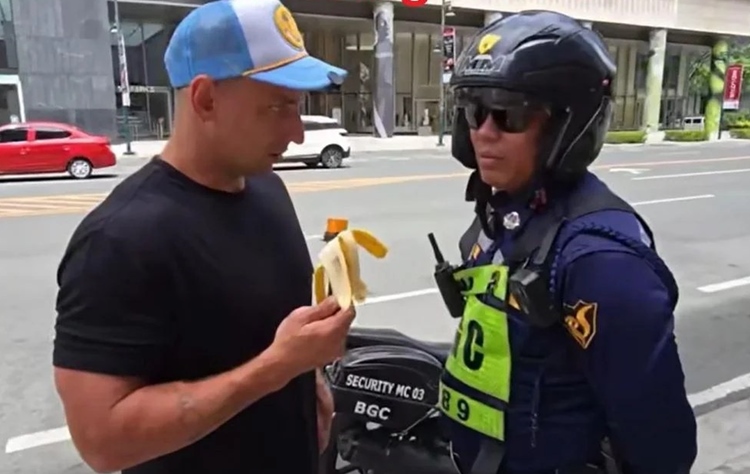Malacañang is Considering Declaring Russian YouTuber Vitaly Persona Non Grata
VITALY ZDOROVETSKIY – The Russian YouTuber is facing potential deportation and a persona non grata declaration in the Philippines following his disruptive actions, which were filmed for his online content.
Claire Castro, Undersecretary of the Presidential Communications Office, disclosed on April 4 that the government is considering declaring him persona non grata due to his recent behavior. She confirmed that Vitaly would be deported, making him effectively unwelcome in the country. The incident was immediately brought to the attention of President Ferdinand Marcos Jr., who instructed local authorities and the Bureau of Immigration to take swift action, resulting in Vitaly’s arrest in Pasay City on Thursday.
Castro emphasized that while foreign nationals are welcome in the Philippines, they must respect the country’s laws and cultural practices. She clarified that being a visitor does not give anyone the right to disrespect Filipinos or their traditions. Furthermore, the Filipino videographer who accompanied Vitaly may face legal repercussions if it is proven that he participated in or facilitated the disruptive actions, which could be considered a form of conspiracy.

Vitaly, known for his controversial pranks, posted a video on Kick titled “Vitaly disturbing the peace in the Philippines,” in which he engaged in reckless behavior at Bonifacio Global City. His actions included riding a police motorcycle, harassing pedestrians, and mocking a security guard who confronted him. Other stunts involved removing a restaurant’s electric fan and causing a minor accident while operating a tricycle. As a result, Vitaly is facing several charges, including unjust vexation, theft, and attempted theft.

He is currently being held at the Bureau of Immigration’s detention facility in Camp Bagong Diwa, Taguig, and is awaiting deportation. Legal expert Atty. DJ Jimenez explained that declaring someone persona non grata is a political statement, which does not automatically prevent them from visiting the country unless they commit further offenses or are arrested under a warrant.
